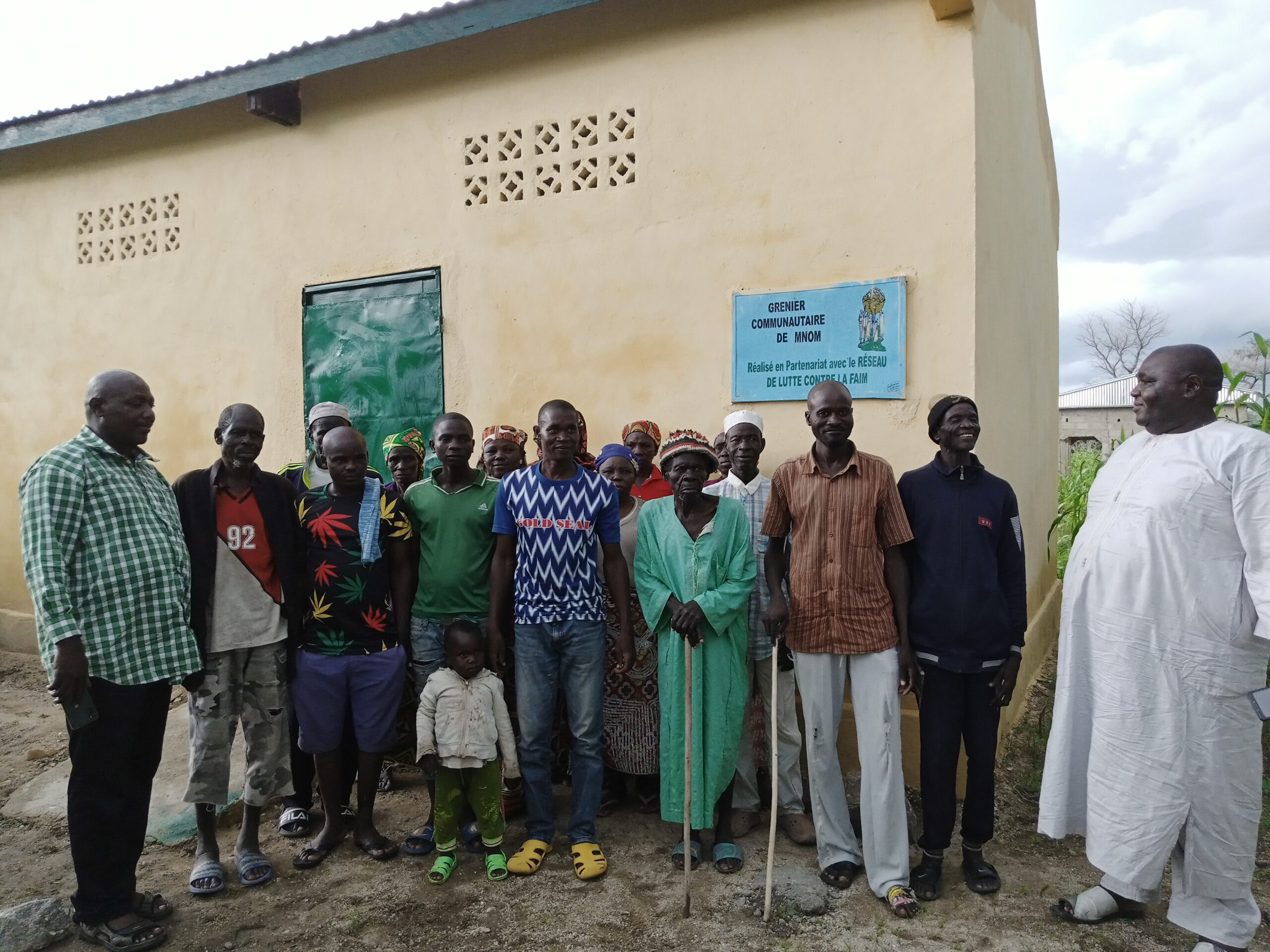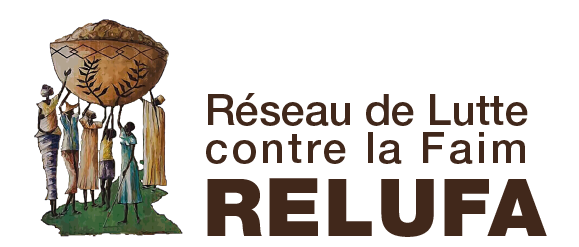
The Far North region has the highest food insecurity rate in Cameroon outside the crisis zones (Northwest, Southwest). Agriculture and livestock farming account for 70% of the population. Farmers are subsistence farmers, and cereal production in the region is sufficient to meet the population’s basic needs for eight months of the year. The population eats mainly cereals such as millet, sorghum, and maize. As a result, a food shortage generally lasts from July to September. During this period, the people of this region struggle to feed themselves and are forced to sell part of their livestock to meet their needs. An OCHA report entitled Cameroon: Situation Report, published in June 2023, notes that it is likely that 3 million people will be affected by food insecurity in Cameroon in 2023. The report added that at least 126,700 people would be suffering from acute malnutrition (this is the most severe form of malnutrition, as the body begins to consume its tissues to find the energy and nutritional components it needs to survive, causing muscles to melt) in the Far North region in 2023. This figure includes pregnant and breastfeeding women (3,700) and girls and boys (123,000). Food insecurity continues to have an impact on the lives of people in this region in terms of health, security, and physical well-being. This situation is linked to several factors, such as climatic shocks (natural disasters, drought, floods), impassable roads, poverty, and speculation, not to mention the highly volatile security climate. One of the significant consequences of food insecurity in the Far North region is the weakening of family ties.
Weakening of family ties due to food insecurity
The lean season in the Far North region, a period of extreme food insecurity, is when the situation peaks. To survive, individuals are forced to undertake actions that place pressure on familial connections, such as relocating people of all age groups from rural regions to urban areas, especially within the Diamaré and Mayo Tsanaga divisions. Young people are drawn to the promise of better living conditions in the towns. Women resort to petty trading, selling wood on the roadside to buy millet for their families. Contrarily, men are forced to seek employment in the towns, leaving their families behind. This disruption in family dynamics leads to a loss of parental control, resulting in educational setbacks. In response to this dire situation, RELUFA has initiated a program to address food insecurity and its social ramifications.
Solution provided by RELUFA.
In response to this situation, RELUFA has set up a project to combat food insecurity in local communities through agricultural production and cereal banks. It aims to make cereals available and improve agricultural production in local communities in the Far North region. The project was initiated in 2 departments, Mayo Tsanaga and Diamaré, and the 4 subdivisions of Mokolo, Meri, Gazawa, and Ndoukoula. The project has enabled community granaries to be set up in around 45 villages in the region. There are now almost 25,000 beneficiaries. The initiative has brought about significant positive changes: for some, it means they no longer must sell their millet at low prices as soon as it is harvested to send their children to school or meet their own needs. For others, they no longer need to sell livestock to buy millet for household consumption. In addition, the income from the sale of livestock is now used to send children to school and provide health care for the family. With the availability of millet in the village thanks to the community granaries, the parents stay on to cultivate their fields and the children can go to school as normal, leading to a reduction in the rural exodus in the villages that have received RELUFA’s support.
RELUFA’s actions have strengthened social cohesion within families, as cereals are available all year round. As a result, men and children strengthen the agricultural workforce, leading to better agricultural yields and a reduction in the problem of hunger. Based on the above, your support is crucial to increasing the impact of the project in other villages in the region, thereby mitigating the adverse effects of food insecurity in this part of the country.
